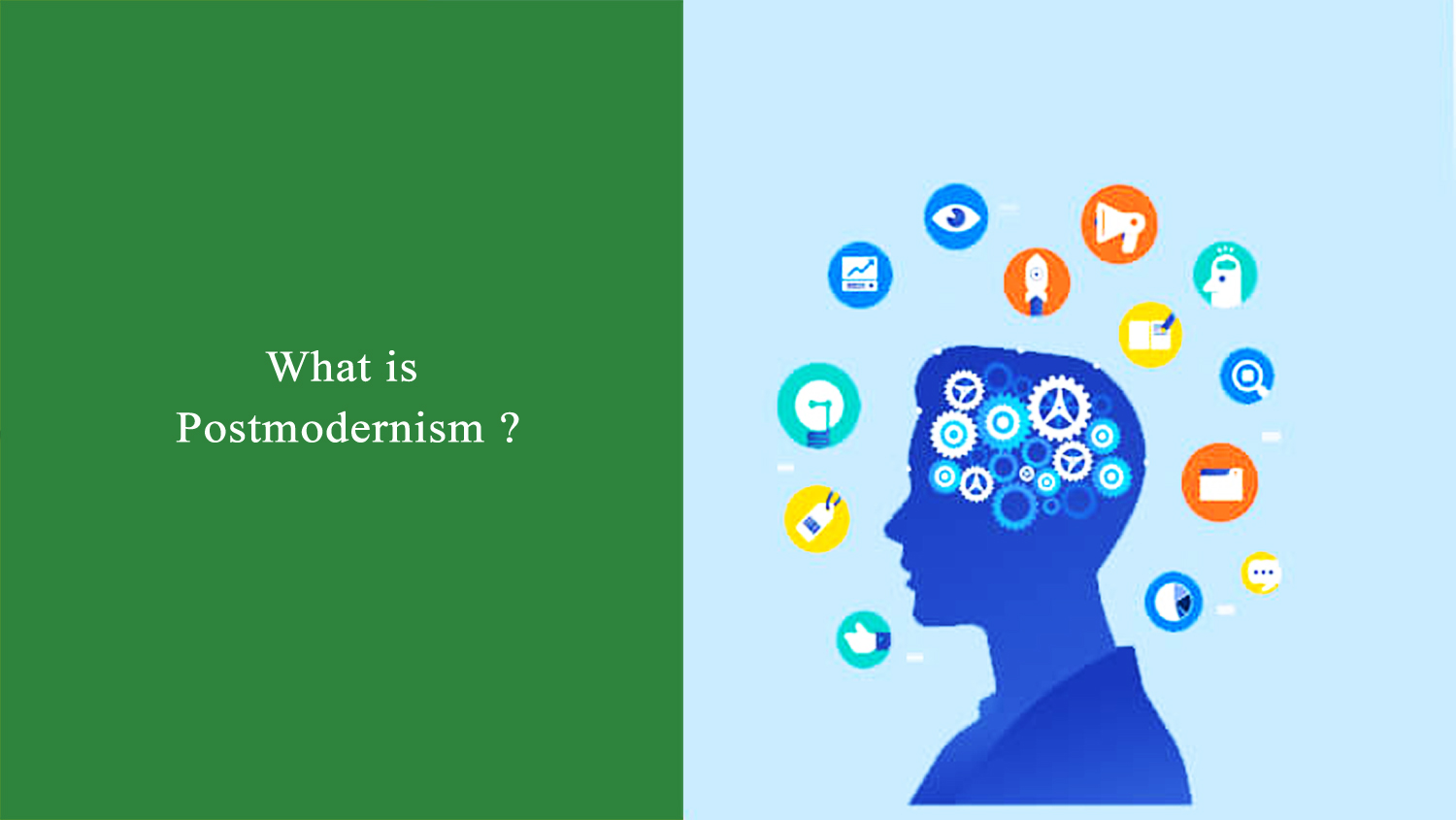Postmodernism – an Overview
Are you going to do research on “Postmodernism”?
If it is so, then this article will help you to gather the information about Postmodernism.
What is Postmodernism?
Postmodernism is an intellectual movement that always seeks new knowledge rather than accepting all established truths and beliefs. It takes universal knowledge only as a myth. Simply, it is a way of observing the things around us.
Postmodernism is anti-foundational, anti-essentialist, and anti-meta-narratives in nature. It recognizes that truth is fragmented. It opposes accepted authority.
Postmodernism also supports globalization and imagines a free world, with no walls (social, political, or economic borders) to restrict humans.
Likewise, postmodernism is not convinced with the objectivity of science as advanced in the modern era. It only supports self-subjectivity, and rationality and considers the individual’s idea supreme.
Postmodernism is a philosophical term that applies to all aspects of society such as economic, social, political, literature, art, history, etc. It rejects absolute value, challenges realism, strengthens self-organized morality in learners, and emphasizes pluralism and relativism.
In the 1870s, the term post-modernism was used for the first time. But it was not frequently used until the late 20th century and early 21st century.
Again in 1979, Jean Francois Lyotard- one of the world’s foremost philosophers, declared postmodernity in his book “The Post-modern Condition: A Report on Knowledge”.
In 1984, the article “Postmodernism, or, the Cultural Logic of Late Capitalism” was published by Fredric Jameson. He pointed out some negative aspects of post-modernism as it has a lack of emotion and no history.
Postmodernist:
All people of different age groups can be postmodern people, but the majority are youths. According to the postmodernist, nothing is stable, truth also changes with time.
Previously, the truth was widely accepted by every generation because the truth was a clearly defined fact.
But now, instead of accepting the existing truth accepted by their ancestors, postmodern people try to find the fact based on research and individual experiences and later they establish their conclusion.
Postmodernists support individual differences and reject elitism. They believe that traditional knowledge can impose hindrances on humans by slowing their development.
Postmodern people believe that there are plenty of truths as opposed to a particular pure truth. So, before accepting specific truth as natural, they question all beliefs.
Critique of Postmodernism:
Just like some other schools of thought, post-modernism has also been criticized. The effect of post-modernism in the Western context is more debatable.
The postmodern school of thought has replaced modernism which was a very powerful paradigm based on the practical study to look for absolute truths.
The philosophy of Post-modernism is vague, confusing, worthless, and adds nothing analytical to the existing system of knowledge.
Modernism Vs Postmodernism
Modernism is a movement that is creative and theoretical. It was the product of the industrial era when ‘science’ and ‘logic’ replaced traditional ways of expression and explanation.
Postmodernism is the immediate passing stage of modernism. Modernism was started around the early 1890s and continued until the 1940s. But the postmodernism was introduced after 1968.
Modernism focuses on global vision, integration, planning, and reason but postmodernism supports individual interest, differentiation, spontaneity, and imagination. Other differences are:
| Modernism | Postmodernism |
| Objective knowledge | Boundedness knowledge |
| Universal Laws | Lack of Universal laws |
| Meaningful generalisations | Limits of generalisations |
| Absolute truths | Irrationality |
| Objectivity | Subjectivity |
| Spectatorship | Participation |
I hope, this article helped you to learn about Postmodernism.






